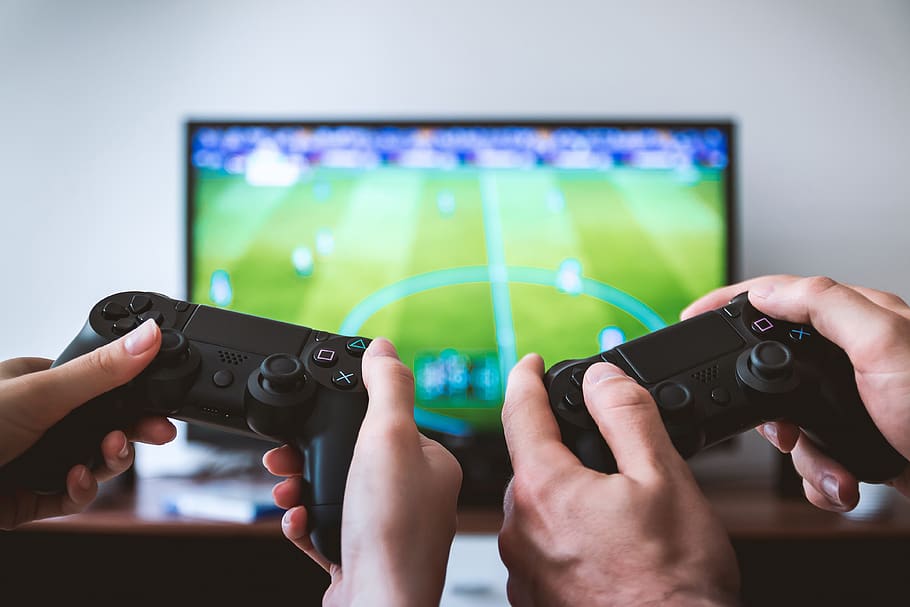A new survey showed that 24% of European residents were introduced to video games for the first time during quarantine. At the same time, after the lifting of strict restrictions, the number of hours spent in games began to decrease.The British company Ipsos MORI has published a new study of the European gaming market, comparing the involvement of gamers during and after quarantine.

3,000 people from the UK, Germany, Italy, France and Spain took part in the survey.
General dataduring the quarantine, people began to spend an average of 1.5 hours more per week in games;
- in the second quarter of 2020, European gamers played an average of 10.2 hours a week (last year’s figures for the same period were 8.7 hours);
- despite the increase in activity, only 6% of gamers began to spend more on in-game purchases.
- At the same time, in the UK, this figure rose to 11%;after the restrictions were lifted, interest in games began to decline and gradually return to the previous level.
- In June, only 22% of respondents said that they began to play more — in April and May, this figure was 30% and 28%, respectively;almost a quarter of respondents have tried video games for the first time in the last three months, and 14% of gamers have discovered new games during quarantine;
- the main increase in activity was observed in the age categories of 11-17 years (41%) and 18-24 years (33%).
- The most popular gaming platforms
51% of respondents stated that they play on various devices;
- most people in the second quarter of 2020 prefer to play on mobile devices — 31%.
- Consoles are in second place (29%), followed by PCs (27%).The impact of games on mental health and education
about 30% of respondents admitted that games make them happier and help them feel less anxious and lonely;
- one in five gamers said that video games have a positive effect on their mental health;
- in many ways, this is helped by multiplayer games and the opportunity to spend time with family and friends, even being on self-isolation;
- one in five parents said that video games helped them in the education and training of their children, and they themselves began to spend more time in educational games;
- 20% of parents began to play more with their children — this trend is especially evident in young families.
- Also on the topic:
- Capitalization of public gaming companies has risen by 77% due to the pandemicPhil Spencer: Game Dev will face the negative consequences of COVID-19 no earlier than 2021
- DFC Intelligence: Console market leaders have grown by 43% during the pandemic
- Is there any news?
Share it with us, write to press@app2top.ru
